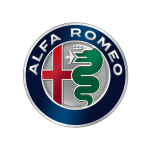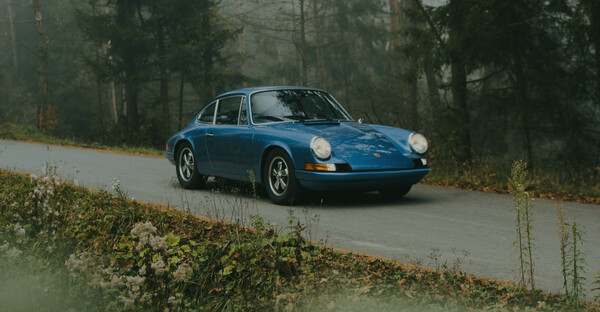Description
Alfa Romeo used the name 6C on all of its models, both road and race, between 1927 and 1954. The 6C name refers to the six cylinders of the car’s straight-six engine, much like that of its bigger brother, the 8C and its straight-eight powerplant. The succeeding number referring to the displacement of the engine.
The very first 6C were revealed in 1925, but production would start two years later in 1927. These 6C would see a series of upgrades over the production span, with the engines upgraded from 1500 at the start, through 1700, 1750, 1900, 2300 to 2500 in the final road going variants; in parallel Alfa Romeo developed the 8C 2300 and 2900, recognised as some of the finest sports cars of their time.
Introduced in 1934, the 2300 introduced a new integrally cast 2, 309cc engine with a aluminium-alloy cylinder head. Its competition and endurance prowess was demonstrated at launch, with three of four entered cars placing 2nd, 4th and 5th at the inaugural ‘Giro d’Italia – Coppa d’Oro del Littorio’; a race held over a total of 5, 687 kilometres!
Like many cars of the period, the chassis’ would be built by the factory and then in most instances, would be dispatched to coachbuilders for bespoke bodywork to be fitted on top. For the 6C there were a myriad of options from Alfa Romeo in house, to Zagato, with the likes of Castagna and Touring Superleggera in between.
Starting out life as a 1934 Alfa Romeo 6C 2300 Worblaufen four-door cabriolet, this example was sourced by a leading Alfa Romeo expert from Switzerland for the current owner in 2011. In need of a restoration, it was the ideal candidate for conversion to open, Monza-style configuration.
Utilising the skill of friend, pre-war Alfa Romeo expert and renowned ‘resurrectionist’ Neil Twyman, the man behind the CEGGA-Ferrari, this 6C was painstakingly converted over a period of two years. With Twyman’s extensive experience of the model and having done meticulous research into the history and development of the original cars, together with the current owner, a plan was forged to rebody the car.
Twyman removed the original body from the chassis, then started to modify the chassis to take its bespoke, all aluminium, two-seat coachwork. The car then underwent a full mechanical overhaul including the engine and gearbox which was rebuilt with close ratio gears. Finally, the car was refinished in Rosso Alfa with period fly screens and foldable main screen, dials and leather interior trim.
Having taken delivery and completed several European road trips the owner then decided to lavish more investment in the car and commissioned Dan Setford, of Setford and Company and formerly of Jim Stokes, to bespoke build a new and more powerful (2600) 2. 6 litre engine which is currently fitted.
Today this 6C presents superbly, having been carefully stored and well maintained. UK road registered and ready for its next custodian, this example is available to view at our showrooms outside London immediately. Accompanying the car is a wealth of invoices for the restoration as well as the new Setford & Co 2600 engine.
Please note this car retains its original bodywork and engine that will accompany the car as part of the sale although, are currently in storage.
Viewing strictly by appointment only.

















